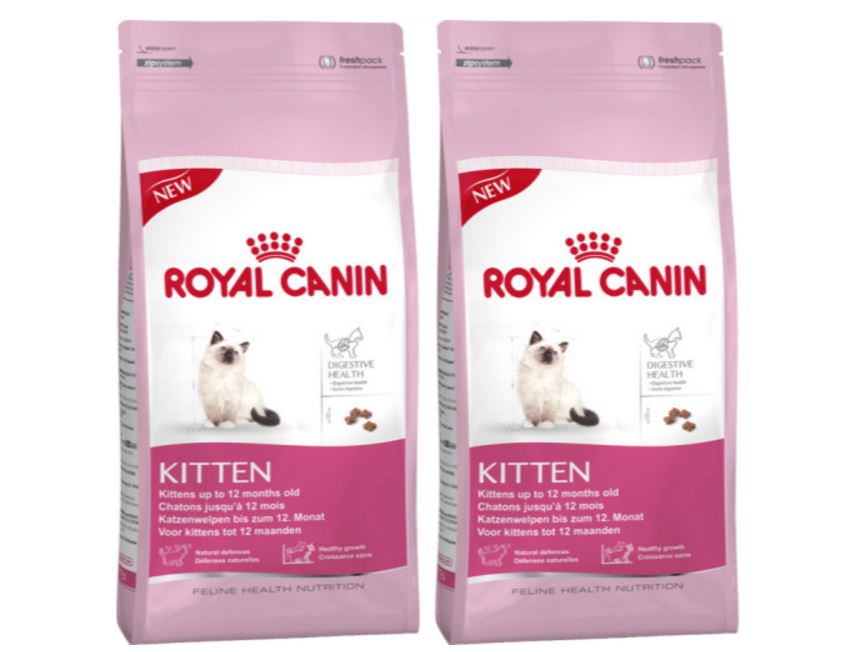
Alibaba Group’s Taobao online marketplace has sued a pet-food seller for RMB 2.67 million in damages and legal fees, alleging the vendor sold counterfeit kitten chow through its virtual Taobao store in violation of the e-commerce platform’s rules.
In acivil lawsuitfiled March 3 with the Shanghai Fengxian District People’s Court, Taobao claims the defendant, surnamed Yao, brokeseveral of the trading platform’s regulationsprohibiting the sale oftrademark-infringing merchandise. Taobao asked the court to compel the defendant to compensate it for its total direct and indirect economic losses, loss of goodwill and legal fees. Taobao is also asking the court to compel the defendant to publish a written apology in several prominent print and Web publications for a week.
The suit is the second civil action lodged by Alibaba this year in its efforts to curb the sale of counterfeit products on its platforms. In early January, Alibabasued two vendorsfor selling alleged knock-offs of Swarovski watches, seeking RMB 1.4 million ($201,320) for “violation of contract and goodwill.”
The legal action also reinforces the world’s largest e-commerce company’s callfor China to tighten its counterfeit laws, enforcement and penalties. On Tuesday, Alibaba founder and Executive Chairman Jack Ma urgedlawmakersconvening in Beijing to crack down on counterfeiting the same way they did on drunk driving several years ago. Ma saida lack of deterrence hurts China’s ability to innovate, damages its reputation and threatens the country’s future. He said it would take a unified effort by businesses, authorities and the public to stamp out counterfeiting.
And last week, in apublic appealfor the stiffening of counterfeit laws and penalties, the Alibaba Group noted that, despite referring nearly 4,500 leads related to counterfeiting in excess of RMB 50,000 for criminal investigation, only 1,184 cases were followed up by law enforcement.
In its March 3 lawsuit, Taobao said the defendant began selling pet food on its platform in January 2015. In May 2016, through a “mystery shopping” program that comprises one part of Alibaba’s overall system of intellectual property rights protection, Taobao bought a suspected fake RMB 99 bag of “Royal Canin” brand kitten food and sent it to the brand rights holder, Mars Petcare, and its China representative. The bag’s packaging and verification codes checked out, but on further inspection, Mars Petcare found tampering to the packaging and that the contents were fake, Taobao said in its court filing.
On Oct. 12, 2016, after a joint investigation with Taobao and Mars, the Shanghai Municipal Public Security Bureau’s Baoshan Branch arrested the defendant on suspicion of selling counterfeit goods and seized product suspected of trademark infringement.




